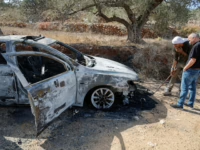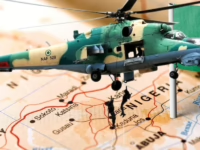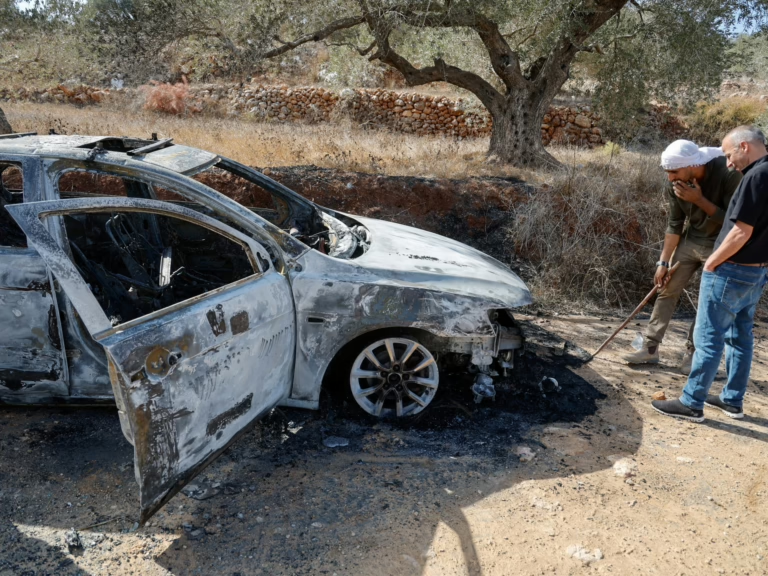The Palestinian Health Ministry has reported that at least 36 individuals, including members of the press, sustained injuries during assaults carried out by Israeli military personnel and unauthorized settlers in several towns near Nablus, located in the occupied West Bank.
According to the ministry’s statement released on Friday, two people were hit by live ammunition, while numerous others suffered injuries from physical attacks and beatings.
The violent incidents occurred in the Nablus governorate towns of Beita, Huwara, and Deir Sharaf. Palestinian farmers harvesting olives in the Jabal Qamas area of Beita were targeted by illegal settlers who not only assaulted them but also set fire to three vehicles, including one belonging to AFP photographer Jaafar Ishtayeh.
Reflecting on the attack, Ishtayeh remarked, “In my three decades of journalism, I have never encountered such brutality. Had I not escaped, my life would have been at risk.”
At around midday (09:00 GMT), approximately 70 Israeli settlers armed with sticks and stones launched an attack on the olive pickers and journalists present at the site.
The Palestine Red Crescent Society provided medical treatment to seven injured individuals, among them journalists Ishtayeh and Wahaj Bani Moufleh. Additionally, two other reporters, Yazan Hamayel and Sujja al-Alami, were affected by tear gas inhalation, as reported by the Palestinian news agency Wafa.
Israeli troops also entered the area, deploying stun grenades and tear gas, which led to multiple cases of suffocation among residents.
Rising Tensions Amid Olive Harvest Season
Photographer Ishtayeh sustained injuries from stones striking his back, arm, and hand. He was released from the hospital later that day, suffering from bruises. His vehicle, along with several others parked at a distance from the field, was vandalized and set ablaze.
Ishtayeh criticized the Israeli soldiers present before the attack for failing to intervene and prevent the settlers’ advance.
Earlier the same day, Israeli forces conducted a raid in Nablus, detaining local resident Sidqi al-Aghbar following a search of his home. Concurrently, military operations extended to the nearby city of Tubas, where soldiers arrived in multiple vehicles from the Tayasir checkpoint, deployed at various locations, and pursued a young man.
In the central West Bank’s el-Bireh governorate, six Palestinians were arrested while harvesting olives in the village of Kafr Nima, west of Ramallah, after being assaulted by settlers in the vicinity.
These settler attacks tend to intensify during the olive harvest, a crucial period that sustains many Palestinian families economically.
Ishtayeh had been documenting the olive harvest in Beita, focusing on the efforts of Israeli and international peace activists who support local residents amid recurring settler violence during this season.
Currently, over 700,000 settlers reside in approximately 150 settlements and 128 outposts throughout the West Bank and East Jerusalem, all deemed illegal under international law.
Settlers, often armed and frequently accompanied or shielded by Israeli soldiers, have been responsible for property destruction, arson attacks, and even fatalities among Palestinians.
Palestinian official statistics indicate that since the onset of the Gaza conflict two years ago, more than 1,000 Palestinians in the West Bank have been killed by settlers and Israeli military forces, with over 20,000 detained.
Between October 7, 2023, and December 16, 2024, there were roughly 1,800 recorded settler attacks across the occupied West Bank, according to Tech for Palestine, a volunteer tech collective monitoring human rights violations.






















